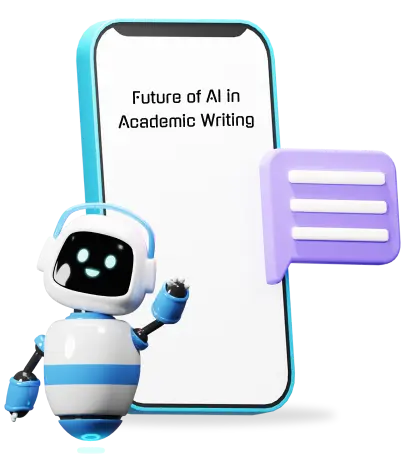Technological advancements are reshaping nearly every aspect of our lives, and education is no exception.
With the advent of advanced AI algorithms with multiple applications, their use in various educational processes is becoming increasingly prevalent. One area where AI's potential shines is in curriculum design.
Traditional educational models are being reimagined as educators and institutions harness AI's capabilities to create dynamic, personalized, and future-ready curricula.
This blog delves into AI and curriculum design, exploring how AI is revolutionizing education by improving curriculum design.
So let’s dive in!
Curriculum design is the process of crafting an educational roadmap.
It involves defining the learning goals, selecting appropriate content, determining teaching methods, and setting up evaluation criteria. Curriculum design and its implementation is very significant for the educational success of students and teachers.
Traditionally, curriculum design is steered by educators' expertise, pedagogical theories, and societal requirements.
However, with the advent of Artificial Intelligence (AI), a new era of curriculum design is emerging that promises to reshape education in profound ways.
Enter AI, a technological force that is already revolutionizing the field of education. AI’s enhanced computational power, data analysis capabilities, and machine learning algorithms can transform curriculum design into a dynamic and adaptable process.
Here are some of the ways AI is helping curriculum design better and more effective.
One of the standout advantages of AI in curriculum design is its capacity to tailor educational experiences and personalized learning for digital classroom.
By analyzing vast amounts of student data – including performance, learning preferences, and pace – AI can create personalized learning paths. This personalization ensures that each student is challenged at an appropriate level and supported in their areas of struggle.
This is different from traditional curriculum design, which relies on a uniform method for all students.
The traditional curriculum design process can be a lengthy affair, leaving educators struggling to keep pace with rapidly evolving subject matter.
AI solves this problem by allowing for real-time updates. When new discoveries or developments occur in various fields, AI can swiftly integrate these changes into the curriculum. This ensures that students learn from the most current and relevant resources without disruption.
AI's data analytics capabilities offer educators insights into student engagement, progress, and performance like never before.
Educators can gain a deep understanding of which teaching strategies, materials, or assessments are most effective. This data-driven approach enables continuous improvement and optimization of the curriculum over time.
AI assessment tools provide quick and accurate feedback to help students improve. AI helps solve the problems in traditional assessment methods, such as bias.
Moreover, AI-driven assessment tools can pinpoint specific areas where students are struggling or excelling. This enables educators to identify learning gaps early on and implement targeted interventions to address these challenges.
The ability to provide timely feedback and remedial support not only boosts students' understanding but also helps prevent them from falling behind.
AI can facilitate the creation of inclusive and accessible content making special education more effective.
For instance, by providing features like text-to-speech and speech-to-text, it can make educational materials accessible to a broader range of learners, including those with disabilities.
While the use of AI in curriculum development holds great promise for transforming education, it is crucial to acknowledge the potential drawbacks and challenges.
As we explore the potential drawbacks, it becomes evident that a thoughtful and balanced approach is necessary to harness the benefits of AI while mitigating its downsides.
While the integration of AI in curriculum design brings about numerous benefits, it also raises important ethical considerations. Striking a balance between technology and the human touch is essential.
While AI can provide insights and recommendations, educators are central in interpreting this data and tailoring their teaching accordingly.
Moreover, maintaining the ethical use of data, ensuring student privacy, and avoiding algorithmic biases are paramount concerns that must be addressed.
AI algorithms often lack a comprehensive understanding of the context in which education takes place. Curriculum development requires a deep appreciation of cultural, regional, and socio-economic nuances that influence learning.
While AI can process data, it might miss the underlying factors that shape a student's learning experience. This could potentially lead to irrelevant or ineffective educational content.
To conclude,
AI can prove to be a very helpful tool in improving curriculum design. It can be used as an aid that complements the expertise of educators and enhances the educational experience for students. While the potential drawbacks of AI integration are significant, they should not overshadow its benefits.
AI’s analytical capabilities can be leveraged to analyze student performance, engagement, and learning preferences. This would help educators create effective, adaptable, and engaging curricula for their students.
Need an AI tool to help you complete your writing tasks? Check out our AI essay writer free no sign up today and improve your writing experience.
From providing outlines to crafting compelling essays and editing, it provides AI-driven suggestions that enhance the quality and impact of your written content.
Give it a go now!

WRITTEN BY
Cathy A. (Mass Communication, Education)
Cathy is a highly dedicated author who has been writing for the platform for over five years. With a Master's degree in Mass Communication, she is well-versed in various forms of writing such as articles, press releases, blog posts, and whitepapers. As an essay writing guide author at PerfectEssayWriter.ai, she has been helping students and professionals improve their writing skills by offering practical tips on research, citation, sentence structure, and style.
For more than five years now, Cathy has been one of our most hardworking authors on the platform. With a Masters degree in mass communication, she knows the ins and outs of professional writing. Clients often leave her glowing reviews for being an amazing writer who takes her work very seriously.
On This Page On This Page
Share this article
AI in Collaborative Learning Environments
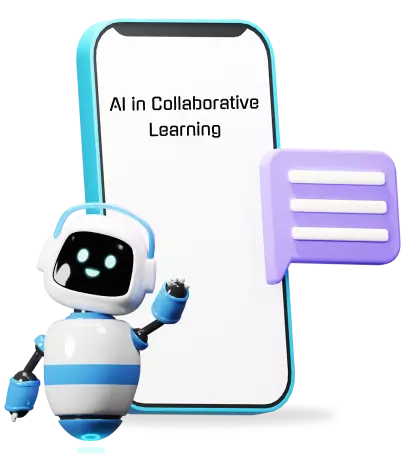
AI Tutors: Personalized Learning for Students in the Digital Classroom
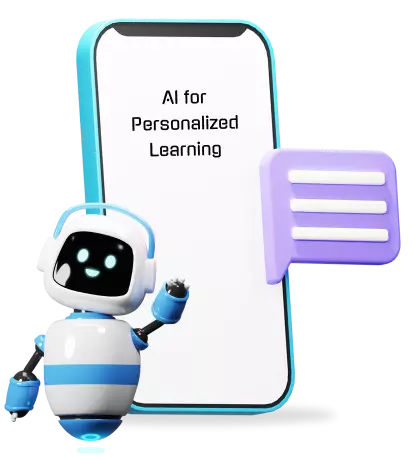
AI and the Future of Teacher-Parent Communication
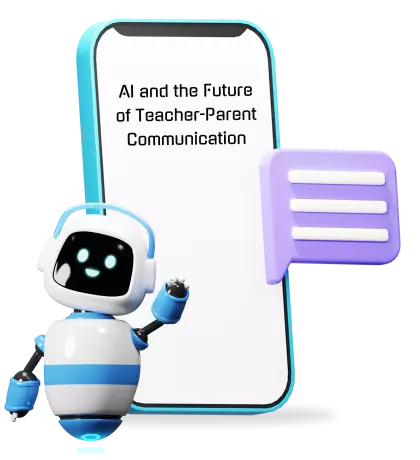
AI in Curriculum Design: Adapting Education for the Future
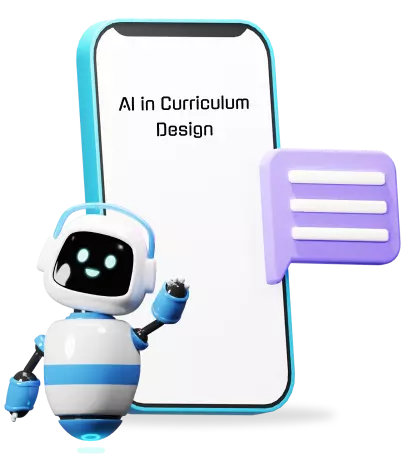
AI and Multilingual Education: Bridging Language Barriers in Learning
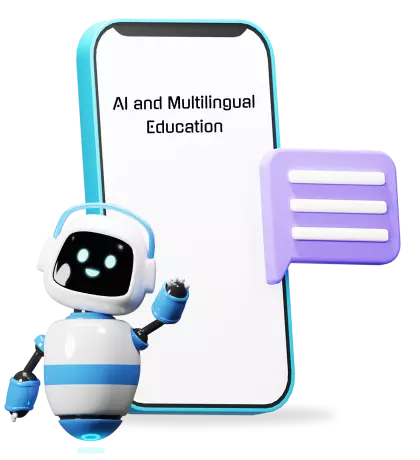
AI and Special Education: Empowering Students with Disabilities
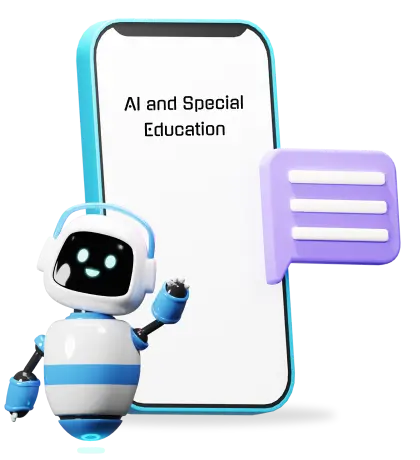
AI and Research Discovery
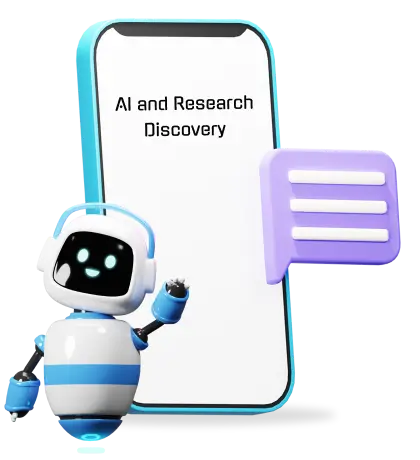
AI in Peer Review: Transforming the Academic Publishing Process
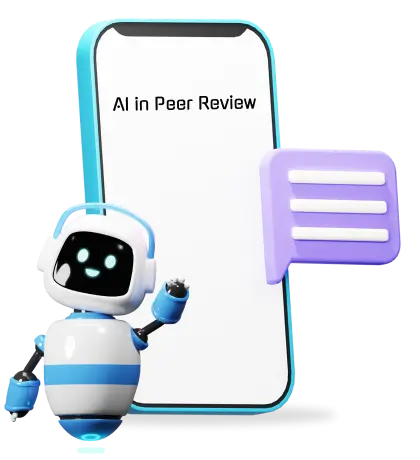
AI's Impact on Student Performance
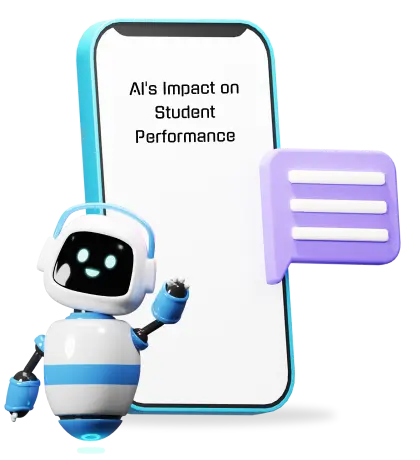
Ethical Considerations in AI Research: Ensuring Fairness and Bias Mitigation
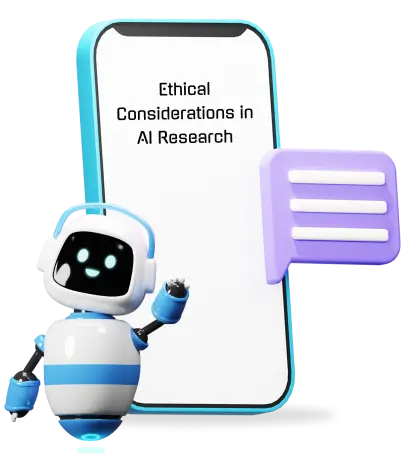
Ethical Considerations in AI-Generated Academic Content
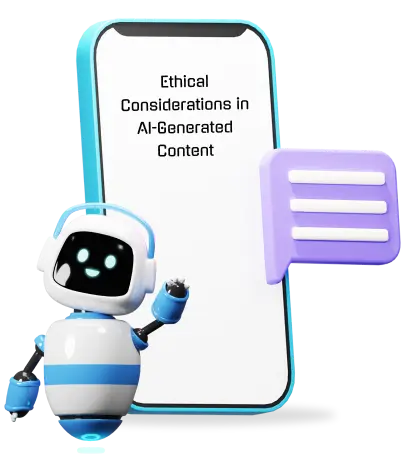
The Future of AI in Academic Writing: Trends and Predictions
